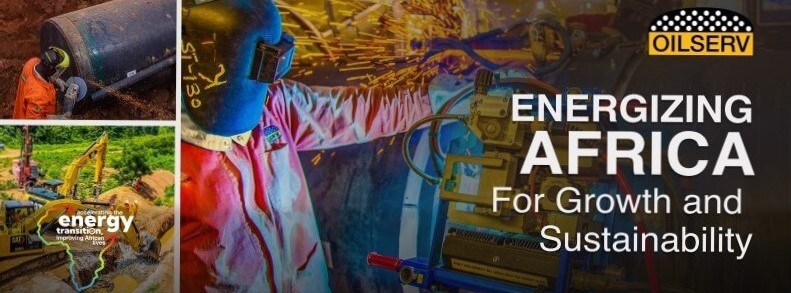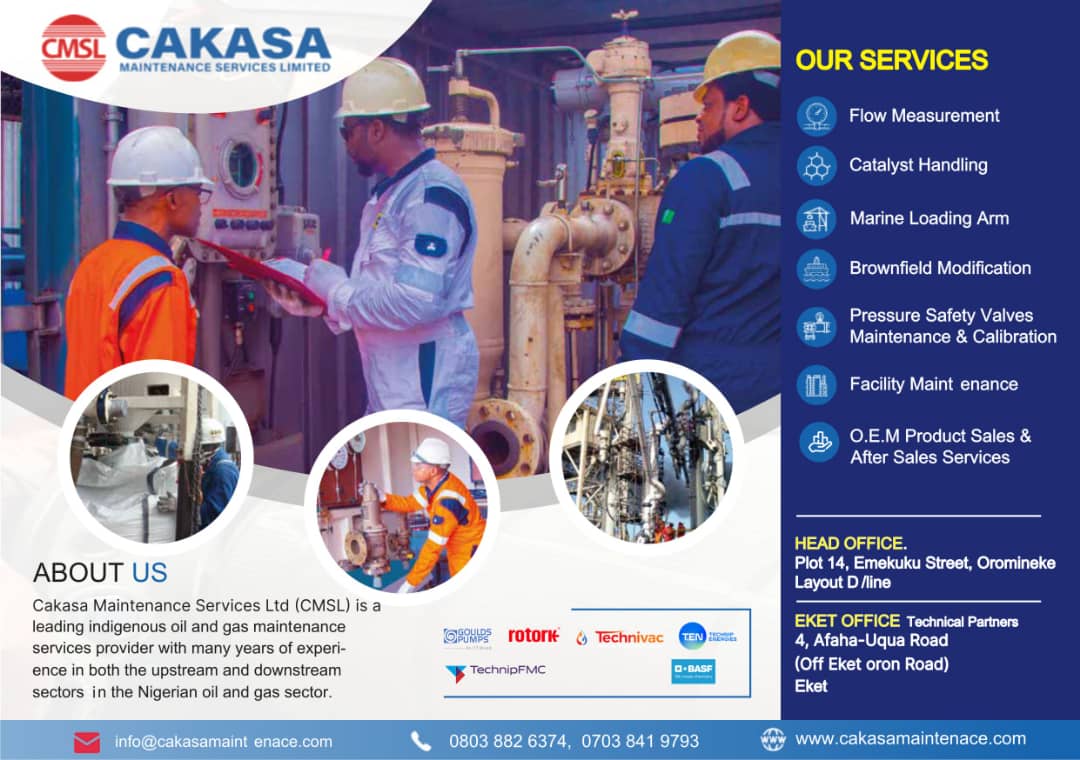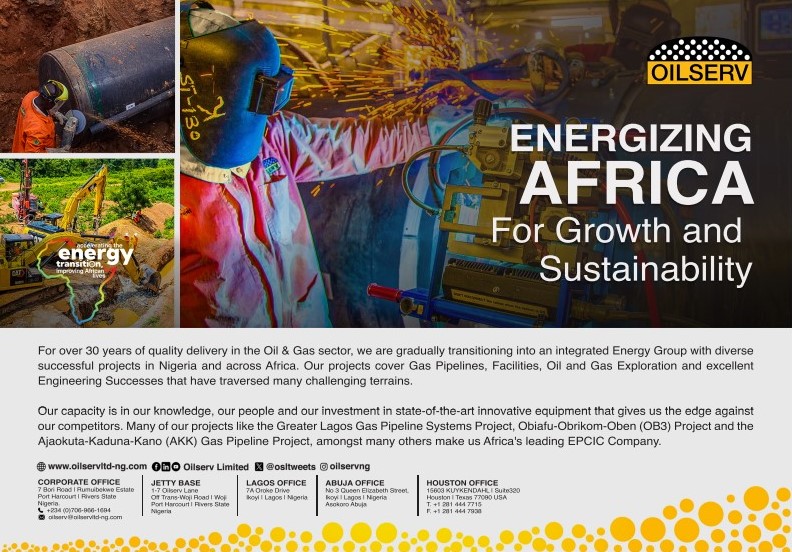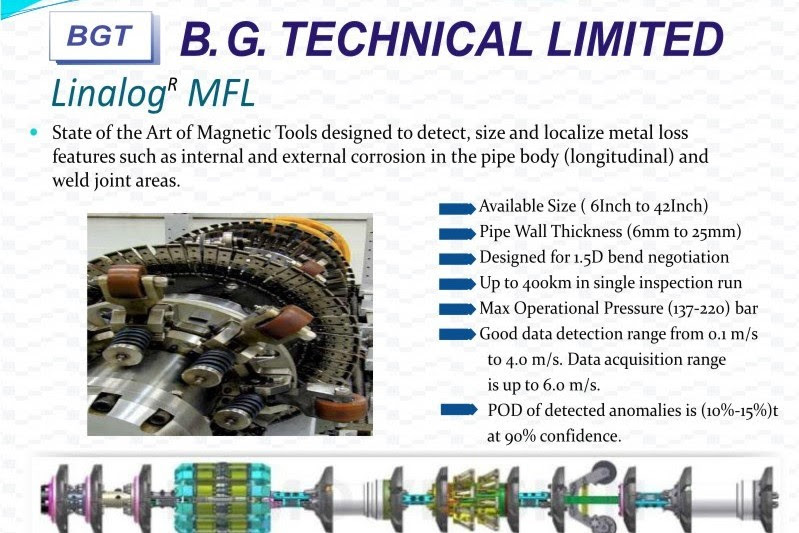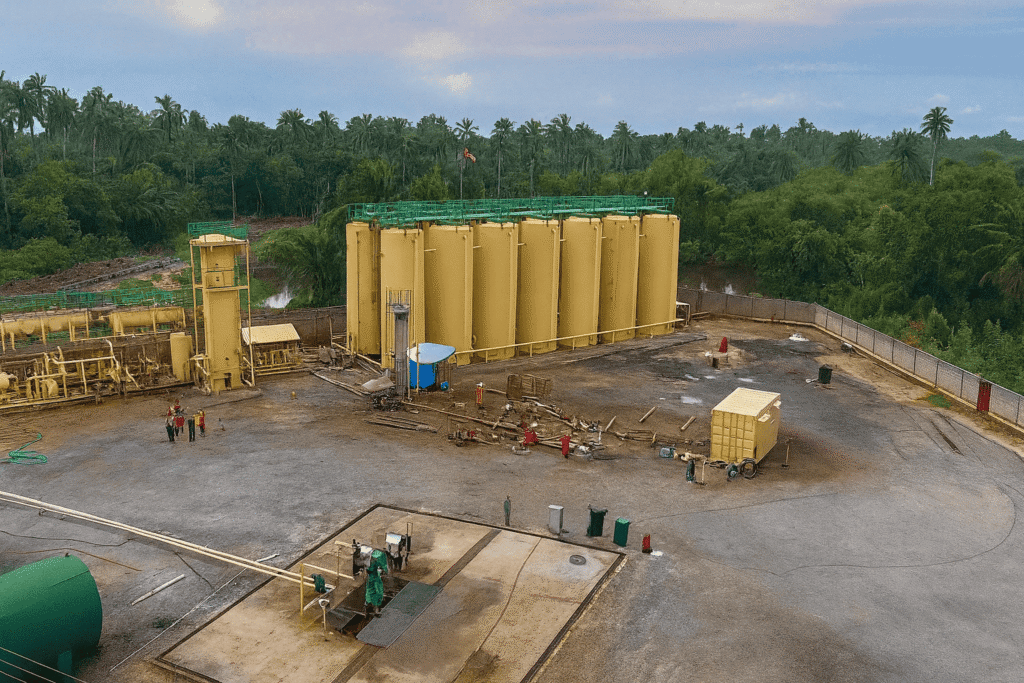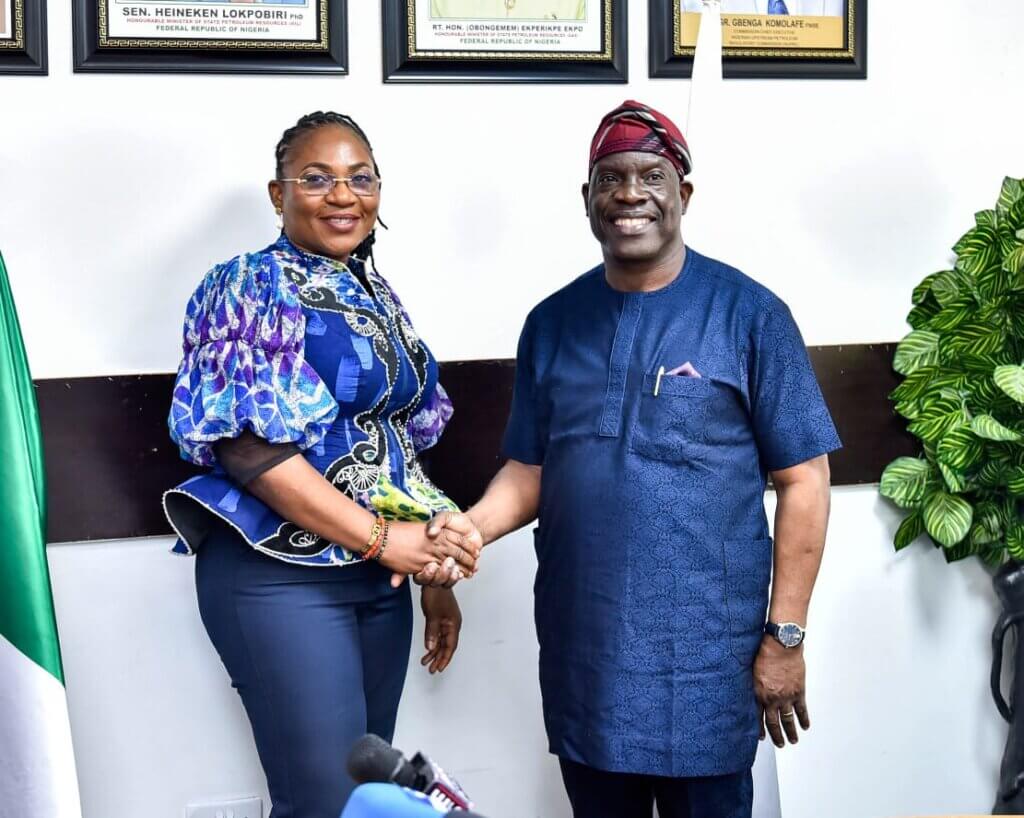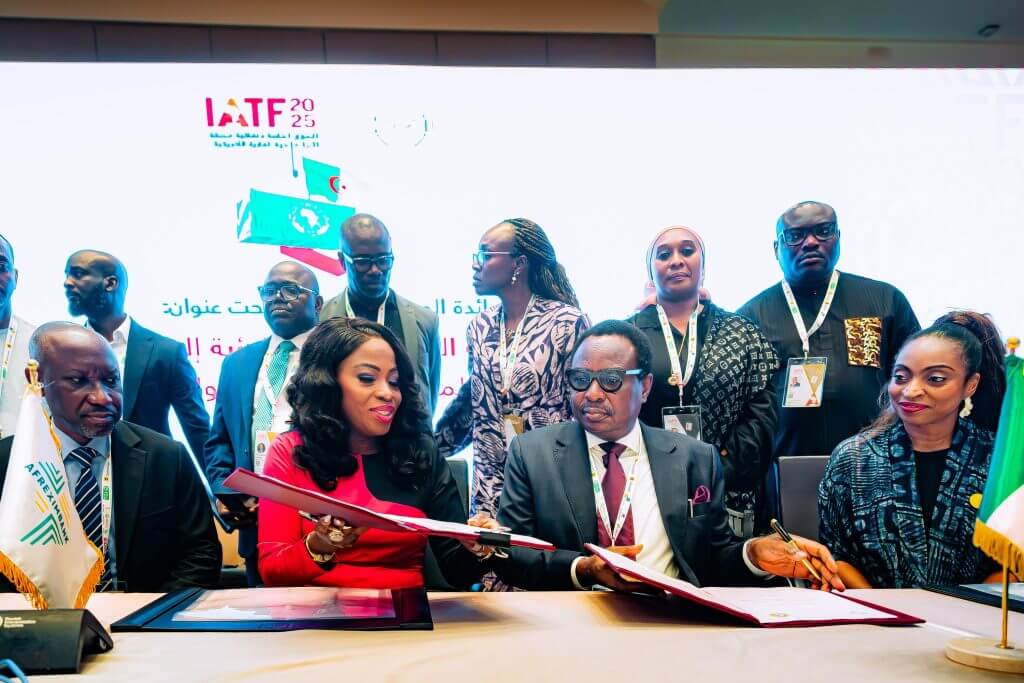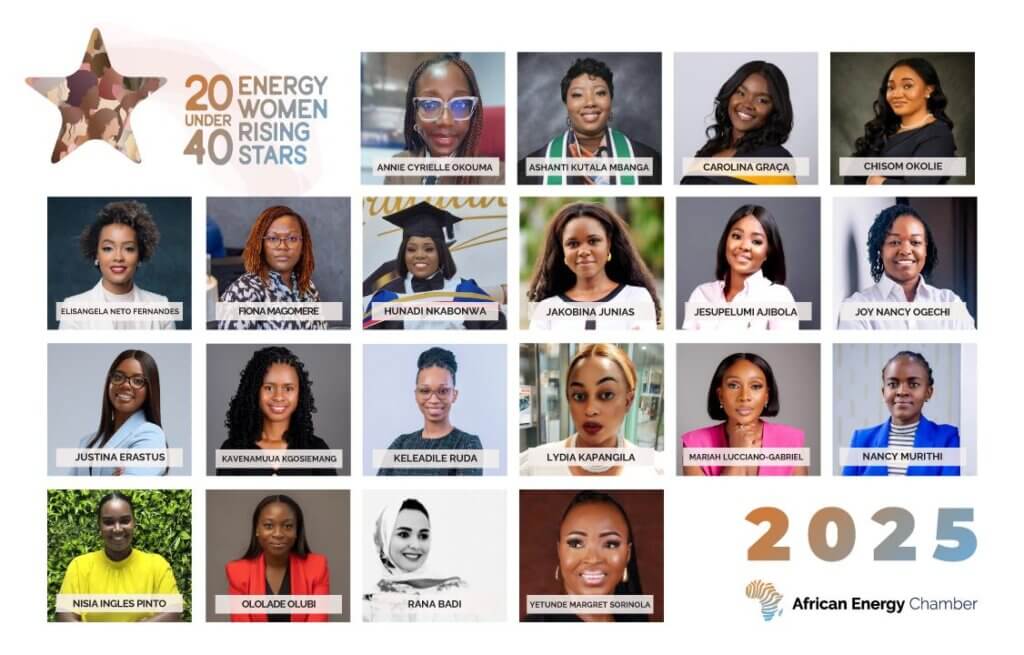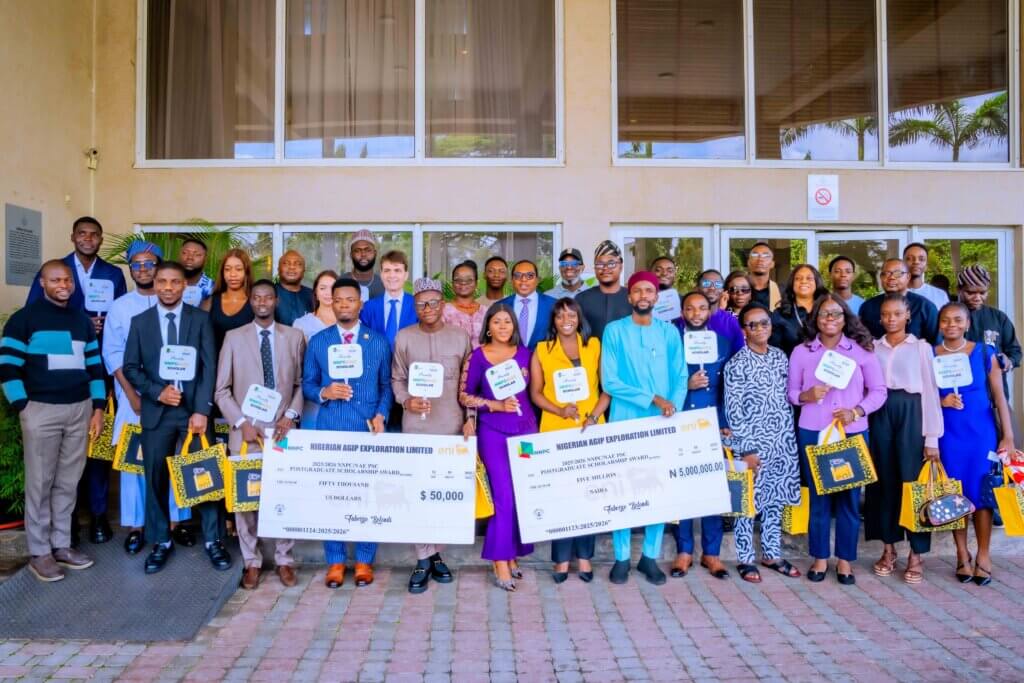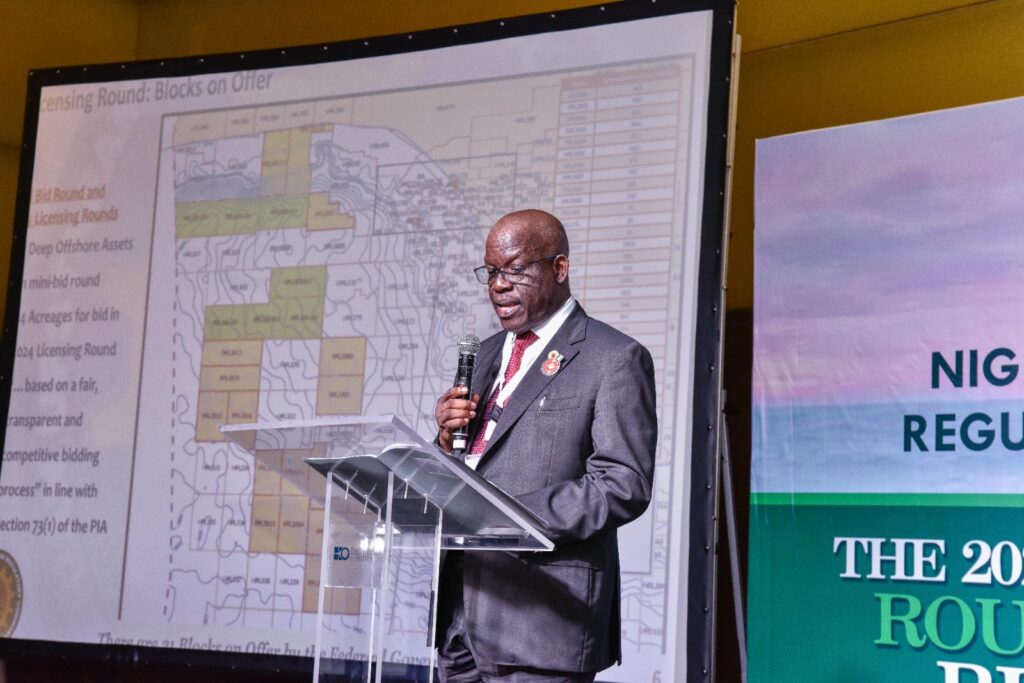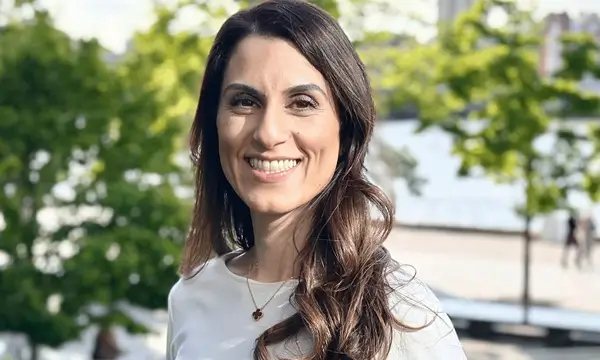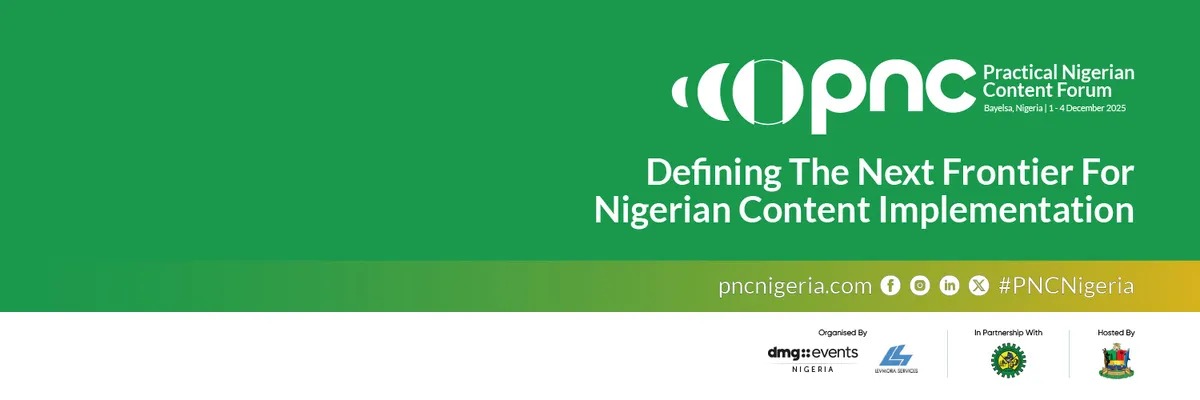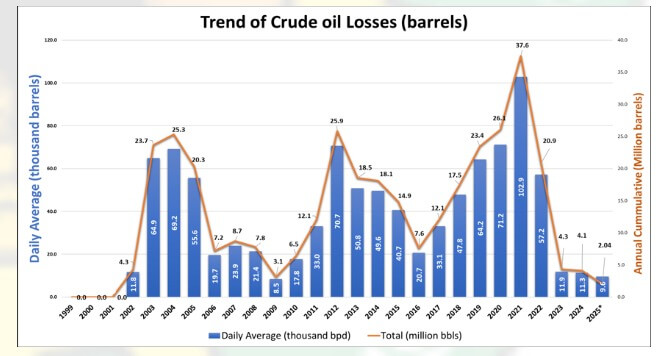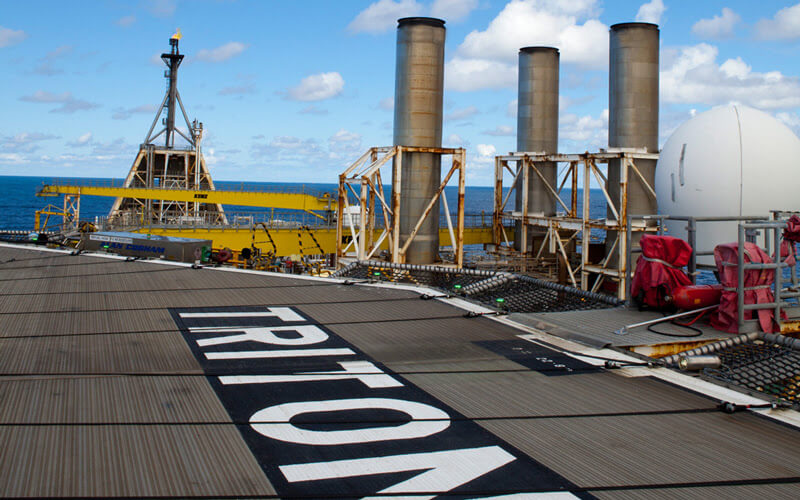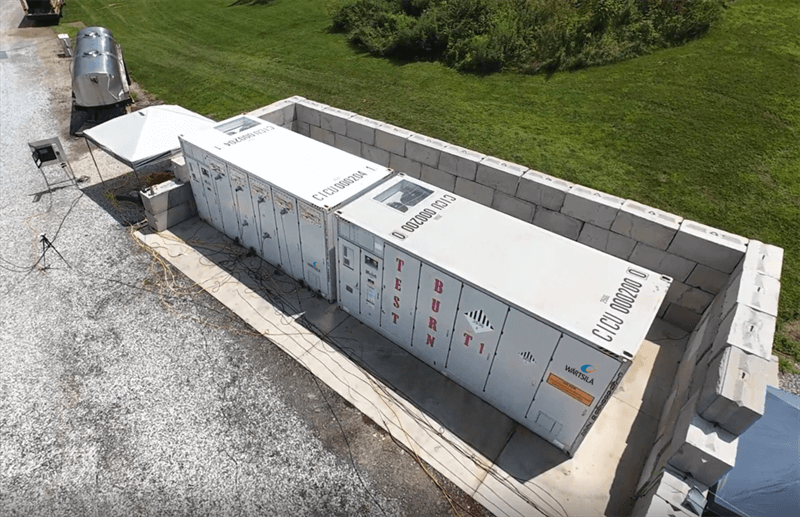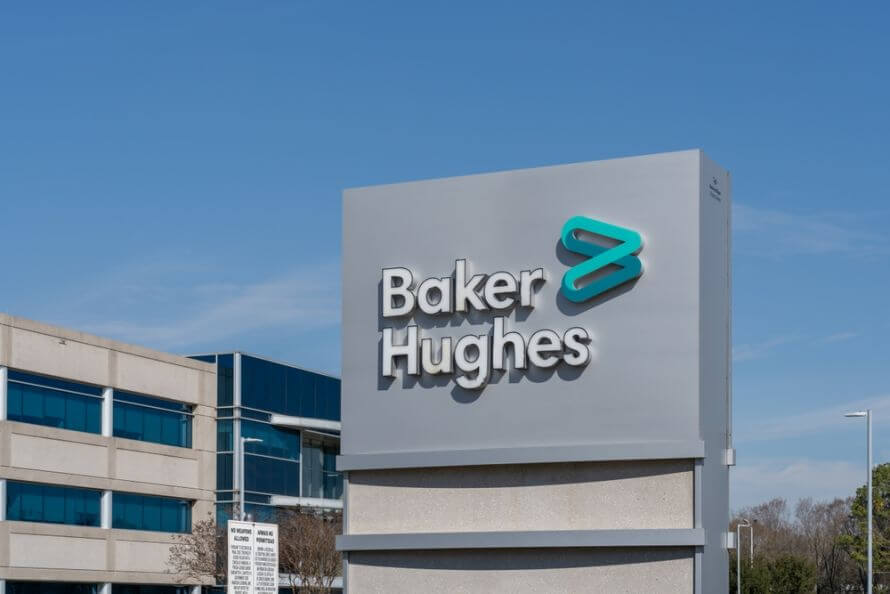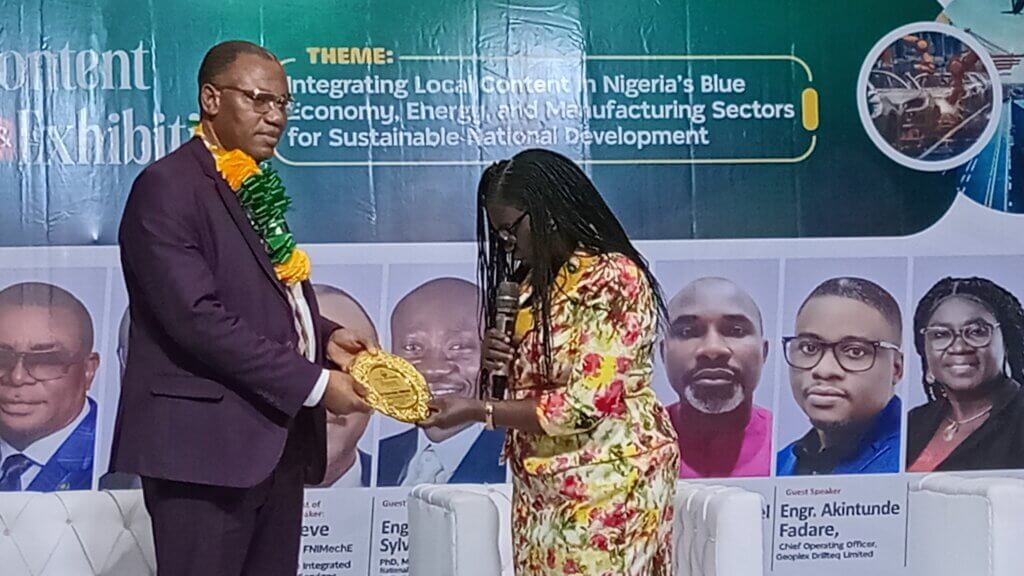
Stakeholders in the Nigerian Society of Engineers have gathered recently in Port Harcourt to chart a sustainable path towards achieving sustainable and innovative engineering solutions in the nation’s marine and blue energy industry.
The two-day Nigerian Content Workshop and Exhibition, organized by the Nigerian Society of Engineers, Port Harcourt Branch, with the Theme: Integrating Local Content in Nigeria’s Blue Economy, Energy and Manufacturing, was attended by major Energy Industrial Stakeholders, Academia, and Government Officials.
Declaring the event open, the Chairman of the Nigerian Society of Engineers, Port Harcourt branch, Engr. Idaeresoari Harriet Ateke, in her welcome address, called for stakeholders’ strategic collaboration to maximize exploration and actualization of the marine and blue economy, as Nigeria is generously blessed with abundant natural resources, and all-encompassing collaboration of professionals in the Engineering Space is needed to harness these resources.
Dwelling on the theme of the event, the Managing Director and Chief Executive Officer of GGI Group and Deputy President Nigerian Society of Chemical Engineers, Engr. Dr. Innocent Akuvue stated that the present achievement of the Nigerian Content Development Board NCDMB since its establishment is visible in the oil and gas sector, and he called all stakeholders to scale up this tempo.
“I am a member of Petroleum Technology Association of Nigeria, and members of this association are ultimately the actors behind the initiation and final establishment of Petroleum Content Act, and today oil and gas companies are thriving in the Nigerian oil and gas industry because of this act, which was signed into law by President, Dr. Goodluck Jonathan. And today Nigerian oil and Gas companies are competing favourably with multinational companies, and that is the benefit of the Nigeria Content Act,” Dr. Akuvue stated.
Dr. Akuvue pointed out that one of the challenges of developing in-country capacity in the sector is the inability to up-scale what can be developed in the laboratories by forging strategic collaborations with higher institutions of learning through research and development partnerships.
“The challenge we have always had is up scaling what we can develop in the laboratories. Some of our companies have strategic partnerships with these universities in research and development by setting aside a little funding in these laboratories to upscale research and development, “He added.
He stated that his company, GGI International, has been a major producer of oilfield and other chemicals in Nigeria, he disclosed that one of the major challenges facing chemical production in Nigeria is that most of the raw materials are imported into the country, stressing the need for synergy between companies and research and development institutions to cushion this challenge.
Speaking on integrating local content in Nigeria through Marine and Blue Economy, the Managing Director and Chief Executive Officer of Steve Integrated Limited, Engr. Dr. Steve Ayiyi, in his presentation, stated that the coastal communities have been yearning for such opportunities to develop their aqua-cultural resources, as these opportunities have since existed in the Nigerian geographical space.
“I have seen coastal communities yearning for a lot of these anticipating opportunities that never come, so the idea of marine and blue economy is not a new process for us, it has existed since Nigeria started existing as a country; and those who lives in coastal communities have always been there for years and they have found ways to improve their blue economy.
“I can assure you that before now, the local communities have had to participate in the blue economy as we talk about maritime transportation, agriculture, fishing, coastal tourism, and offshore energy,” Dr. Ayiyi said.
Dr. Ayiyi highlighted major areas where the marine and blue economy will be focused in coastal communities, which include: Coastal tourism, Boat building, Plastics collection and Waste recycling management, fishery, dredging, and shore protection.
But he stated that since these opportunities exist, finance and security concerns are major bottlenecks and challenges facing such investments. He called for government support in providing adequate security and financial enablement for investors to thrive in this area of investment in these coastal communities.
“When we talk of capital for SME, you can’t take loan at 35% interest rate and expect to make profit. So government intervention is required to do that and piracy and youthful restiveness can be resolved by engaging the community for project surveillance,” He added.
Dr. Ayiyi called for the training of professionals in marine and blue economy through the inclusion of training programs such as maritime, skills development, and offshore training in our academic curriculum, and also creating awareness of the marine and blue economy among coastal communities that are unaware of its benefits.
He further recommended a single command structure in the Marine and Blue Economy, a replica of what is practiced in NCDMB, for the sustenance of its policy regarding the implementation, he suggested that same 1% of the cost of every contract awarded in the oil and gas industry be set aside in the NCDMB coffer should be equally applied in the development of marine and blue economy.
Ambrose Ofoegbu, Manager at Pipeline Pigs and Accessories (PPA), a sister company of BG Technical Limited, in his technical presentation titled Development of Local Pipeline Pigs Manufacturing Capabilities, harped on PPA’s innovative and technological ingenuity as the only pigs manufacturing company in the Sub-Saharan African region.
Mr Ofoegbu stated that PPA pigs conform to industrial standards and are customized to adapt and withstand challenges presented by the dynamics of the pipeline industry, having executed major pipeline cleaning projects of different diameters and distances for multinational companies.











